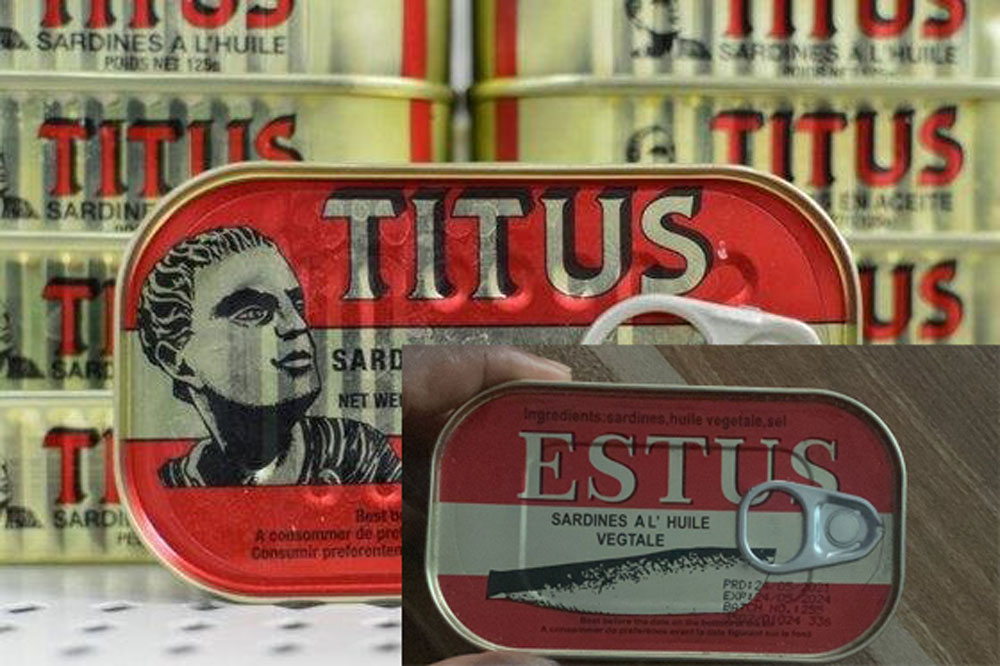From my experience, I believe that Nigeria is still a fertile ground for a wide range of FMCG goods. The competition is not strong enough, partly because most established Western brands don’t thrive here. I think product pricing is a significant factor in this regard. For example, the average baby lotion in the US is priced around $12, which, when converted to Naira, would be about N10,000. Without even considering importers’ profit and importation costs, it’s clear that such a price would not be viable in Nigeria. Therefore, Nigerians are left to source or manufacture their own products. I want to emphasize that the market here is unique, and the decision makers in the big market are often unscrupulous. Even if you manage to build brand equity for an expensive product, they will find a way to pirate and offer it at a lower price. I don’t say this to discourage you from taking the leap, but rather to bring awareness to the unique challenges that the market poses. Despite these challenges, it remains a highly lucrative space that can earn you substantial profits if you understand it.
One thing I’ve noticed over time is that most Nigerians are not loyal to any particular brand when it comes to FMCG products. They usually opt for the cheaper option. For instance, in the sardine market, the first brand to gain dominance was Titus Sardine. However, today there are other brands named Estus that are slightly cheaper, and surprisingly, they have gained significant market share and dominance.

I attribute this to the fact that most Nigerians have low purchasing power, and here, price often outweighs quality for certain goods. Personally, when I go to the market to buy insect repellents, I tend to choose the cheaper alternative.
Most products in the big market today didn’t gain wide acceptance because their owners invested heavily in marketing. Instead, they became popular because they fulfilled the day-to-day needs of people. The food product category, in particular, is a major cash cow. If you plan to enter this space, you can easily secure your market share by offering lower prices than the current available options. This strategy will capture the attention of both distributors and consumers.
Lowering the price of your products certainly comes with some consequences, such as reducing overall overhead costs and possibly compromising product quality. The country you choose to import from also plays a significant role. However, if you can find a way to reduce costs and improve product quality while maintaining a lower price compared to the competition, your chances of success are almost guaranteed. The best way to determine what is popular in this market is to go out and observe what people are buying, check the pricing, and find out the origin of those products. This will provide better insights on how to compete and outperform your competitors. The market is highly diverse and dynamic, so it’s crucial to stay informed and stay ahead of the game.
The FMCG space in Nigeria is truly a lucrative one if properly tapped into. Understanding the dynamics and available opportunities is essential for success. There are numerous areas you can venture into, such as food, baby care, hair care, skin care, home care, and more. All of these categories offer room for growth, so you should take advantage of that. As a beginner, it is not advisable to invest a lot of money at once. Start small and scale up as you gain more experience. Investing in the right products and setting the right prices are key factors for success in the FMCG industry in Nigeria.
The key to success in this industry lies in having a good understanding of the target market. This will help determine the products you offer and the pricing strategy you adopt. The best approach is to conduct extensive market research, which will provide a better understanding of the market and enable

